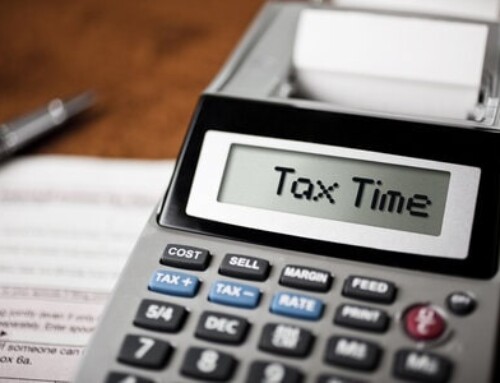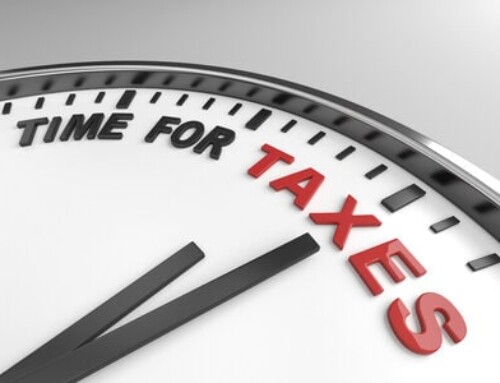 10 Common Tax Questions Answered
10 Common Tax Questions Answered
Taxes are confusing and seem clouded with complex rules and constantly changing laws. It can be hard to find a straight answer to basic questions. In this article, we will answer 10 common tax questions.
1. Where Can I Find Free Help?
Tax preparation fees can add up very quickly. But there are many resources for free tax services. Depending on your income and the complexity of your return, many online software’s have free filing options. This includes companies like H&R Block and Turbo Tax. The IRS also offers programs called the Volunteer Income Tax Assistance (VITA) and Tax Counseling for the Elderly (TEC). To qualify for assistance through these programs you must make less than $60,000 a year. You can find the nearest free resources to you by visiting irs.treasury.gov/freetaxprep/.
2. Are There Tax Breaks Available After December 31st?
Up until the April tax filing deadline, you can make tax advantaged contributions that apply to the previous tax year. In 2023 the limit is $6,000 or $7,000 if you are over 50 years old.
3. When Will My Tax Refund Arrive?
If you electronically file your tax return and request a direct deposit, it can take up to 21 days to receive your direct deposit. If you file a paper tax return it can take up to 2 months to receive your direct deposit. Wait times are even longer if you request your refund as a check. You are able to check the status of your refund using the IRS’ Find My Refund tool.
4. What Should I Do If I Cannot Make the Tax Filing Deadline?
If you cannot make the April deadline, you will need to file an extension. This will extend your deadline until October. However, there is a 5% late filing penalty on your unpaid balance accrued each month, up to 25%. There is also a 0.5% penalty on your unpaid balance for failure to pay on time.
5. If I Work From Home Can I Claim the Home Office Deduction?
The home office deduction is only valid for self-employed individuals who keep a home office. If you are an employee of a company that works remotely, you would not qualify for this deduction.
6. Are my Unemployment Benefits Taxable?
Generally speaking, unemployment benefits are taxable. They are taxable as ordinary income. However, they are not subject to Social Security or Medicare taxes. So you do not end up with a surprise at the end of the year, you can ask to have taxes withheld from your benefits.
7. Should I Itemize or Take the Standard Deduction?
In 2023, the standard deduction is $14,850 for an individual and $27,000 for a couple. You would want to itemize only if your total deductions were greater than the standard deduction. This amount is made up of things like charitable contributions, mortgage interest, and medical expenses that are more than 7.5% of your Adjusted Gross Income.
8. What Should I Do If I Already Filed My Return and Need to Make Changes?
Sometimes after you file a tax return you realize you made a mistake or missed reporting income or deductions. What should you do if this is the case? You would need to file an amended tax return or 1040X. You have up to 3 years after the filing deadline to amend a return.
9. What Tax Records Should I Keep?
Generally, it is best practice to keep your tax returns forever. However, your supporting documents, like W-2s and 1099s, you only need to keep for 3 years. Or 6 years if you are self-employed.
10. Are There Any Red Flags That Will Trigger an Audit?
One of the main things that can trigger an audit is reporting a loss on your business several years in a row. Especially if you appear to have unusually large expenses. Second, you want to be sure to report all your income. Failing to do so is a potential audit trigger.
Tax Help
Hopefully having these 10 common tax questions answered has helped you feel more confident in your understanding of taxation. If you still need help you can acquire the assistance of a qualified tax professional.
Questions? Want to schedule an appointment? Contact us by clicking here.






Leave A Comment
You must be logged in to post a comment.